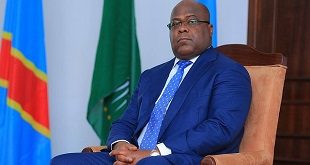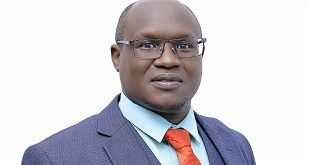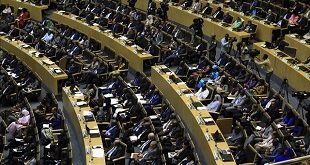
Based on these incidents and many others, the court found that Ongwen “was not in a situation of complete subordination vis-à-vis Joseph Kony, but frequently acted independently and even contested orders received from Joseph Kony. He was not a puppet on a string”.
Ongwen who was then in his mid to late twenties was an extremely capable fighter and commander who planned his attacks carefully. He rose steeply in the LRA hierarchy; from battalion commander to brigadier and commander of the Sinia Brigade which had several hundred soldiers under his command.
Ongwen himself was abducted in 1987 at the age of around nine years. But he also had realistic opportunities of leaving the LRA, like many other commanders of the LRA successfully did, which he did not pursue. Rather, he rose in rank and position because, as Kony said, “he was performing very well.”
“Thus, there exists no ground excluding Dominic Ongwen’s criminal responsibility,” the court concluded, “His guilt has been established beyond any reasonable doubt.”
The Chamber found that Dominic Ongwen is fully responsible for all these crimes. The Chamber did not find evidence that supported the claim that he suffered from any mental disease or disorder during the period relevant to the charges or that he committed these crimes under duress or under any threats.
The court issued 70 oral decisions, and 506 written decisions during the trial phase of the proceedings. The total case record, consisting of the filings of the parties and participants and the Chamber’s decision, currently includes more than 1760 filings.
Ongwen will be sentenced at a later date. But the ICC’s founding treaty, the Rome Statute, does not provide for a death penalty. Therefore, the sentence may be up to 30 years of imprisonment (and under exceptional circumstances a life imprisonment) and/or a fine. There will also be reparations to the victims.
****
 The Independent Uganda: You get the Truth we Pay the Price
The Independent Uganda: You get the Truth we Pay the Price


